Discussing in the morning group on November 5, many delegates gave their opinions on the draft Law amending and supplementing a number of articles of the Law on Anti-Corruption.
Delegate Le Thu Ha ( Lao Cai ) agreed with the need to amend and supplement the Law on Anti-Corruption to institutionalize the Party's major policies, in line with the requirements of strengthening power control and preventing corruption early and from afar.
However, through studying the documents and the Review Report of the Committee on Law and Justice , delegates believe that this draft law is still inclined towards technical adjustments, while practical requirements require a step forward in institutional reform, considering corruption prevention and control not only as inspection and handling of violations, but also as controlling power risks in public administration.
Regarding the scope of amendments and principles of the Law (related to Article 4 and Articles 45 and 51 of the current Law), delegates said that the new draft focuses on a number of technical provisions, while many major policies of the Party have not been fully institutionalized, especially the mechanism for recovering lost assets, appropriating and handling assets and income of unexplained origin. These are issues that have been raised for many years, and have been clearly concluded by the Politburo and the Central Steering Committee on preventing and combating corruption, waste and negativity, but this amendment still has no specific regulations.
From there, delegate Le Thu Ha proposed "adding principles for handling and recovering corrupt assets without going through conviction procedures, assigning the Government to provide detailed regulations to promptly implement the directives and regulations of the Politburo; at the same time, it is necessary to clearly stipulate the accountability of people with positions and powers - considering this a legal obligation, not just an administrative requirement."
Delegate Le Thu Ha proposed adding a new clause to Article 4 clearly stipulating the principle: "The recovery of assets and income originating from corruption and negativity is carried out regardless of criminal prosecution, ensuring fairness and reasonableness, in accordance with the provisions of law."
According to delegates, this is important content to institutionalize Politburo documents such as Directive 04-CT/TW and Regulation 287-QD/TW on recovering corrupt assets.
In addition, the delegate proposed to add a new article in Chapter II on the mandatory accountability of people with positions and powers. Specifically: "People with positions and powers are responsible for explaining when requested about decisions and actions within the scope of their duties; in case of failure to explain or incomplete explanation, they will be subject to disciplinary action according to regulations." According to the delegate, accountability must be considered a legal obligation, not just an administrative requirement.
Regarding the agency controlling assets and income (Article 30 of the draft amended Law), delegates said that it is necessary to move towards a centralized, independent, professional control model, linked to a national digital database on assets and income, connecting information from tax, banking, and land agencies.
"The division of authority between Party agencies and State agencies is currently overlapping; if the law continues to specify in detail the Party's control agency, it will be difficult to ensure consistency in the legal system," delegate Le Thu Ha analyzed, thereby proposing to maintain the principle in the Law, while the specific determination is left to the Party to regulate. Particularly for the National Assembly, it is necessary to clarify the control authority of the Delegation Work Committee and the National Assembly Office, avoiding the situation of "both duplication and omission," while ensuring transparency and exemplary role of the highest authority.
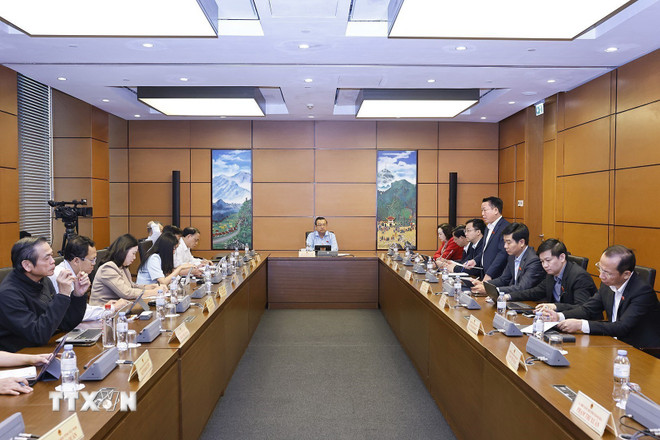
The draft law specifically states that the "Party Inspection Committee" is the agency that controls the assets and income of Party members, although it is intended to clarify authority, it is not consistent with the legislative principle: the law should only regulate the functions and authority of state agencies, not interfere with the Party organization. Therefore, the delegate proposed to maintain the principled provision in Clause 8, Article 30 of the current Law that: "The competent agency of the Communist Party of Vietnam controls the assets and income of those who are obliged to declare their work in Party agencies."
Regarding the agencies of the National Assembly, to ensure clarity and consistency with Resolution 71/2025/UBTVQH15, delegate Le Thu Ha proposed to amend Clause 3, Article 30 as follows: "The Committee for Delegation Affairs assists the Standing Committee of the National Assembly in controlling the assets and income of full-time National Assembly deputies and those under the personnel management authority of the Standing Committee of the National Assembly. The Office of the National Assembly controls the assets and income of those who are obliged to declare their work at units under its organizational structure and of agencies of the National Assembly, except for the cases under the above authority."
"This amendment helps to clearly distinguish, avoid overlapping or omitting control objects," delegate Le Thu Ha emphasized.
Commenting on the content of asset and income declaration, delegate Hoang Thi Doi (Son La) pointed out that the Draft supplement to Clause 3, Article 33 mentions that civil servants are the subjects whose task completion level is assessed based on asset declaration, but Article 34 of the current Law does not stipulate that civil servants are the ones obliged to declare. Therefore, the delegate suggested adding civil servants to Article 34 to ensure consistency between the provisions.
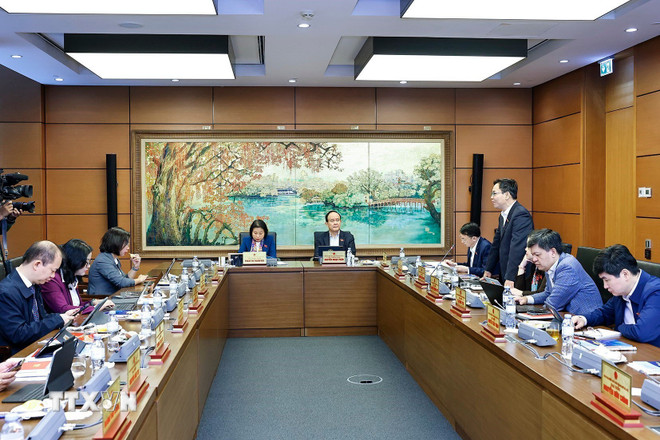
The delegates also proposed to amend and unify the provisions in Articles 36 and 40, in the direction that the person with the obligation to declare must explain both cases of increased and decreased assets of 1 billion VND or more, to ensure comprehensiveness and consistency with Decree No. 130/2020/ND-CP of the Government and serve the work of building a national database on asset and income control.
In the draft law, some notable amendments and improvements relate to regulations on the agency controlling assets and income and the declaration of assets and income. Regarding assets and income that must be declared (Article 35), the draft Law stipulates an increase in the value of declared assets from "VND 50 million" to "VND 150 million."
Regarding asset value and income level to monitor fluctuations and verify assets and income: the draft Law stipulates increasing asset value and income level when there is a fluctuation during the year from "VND 300 million" to "VND 1 billion."
According to the drafting agency, this regulation is to be consistent with the current socio-economic development conditions and prices, which have changed a lot compared to 2018; at the same time, it ensures consistency with the increase in the value of assets that must be declared./.
Source: https://www.vietnamplus.vn/de-nghi-bo-sung-nguyen-tac-xu-ly-thu-hoi-tai-san-tham-nhung-khong-qua-ket-toi-post1075041.vnp





![[Photo] Opening of the 14th Conference of the 13th Party Central Committee](https://vphoto.vietnam.vn/thumb/1200x675/vietnam/resource/IMAGE/2025/11/05/1762310995216_a5-bnd-5742-5255-jpg.webp)


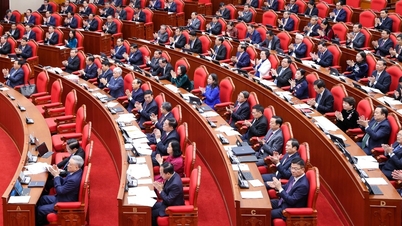

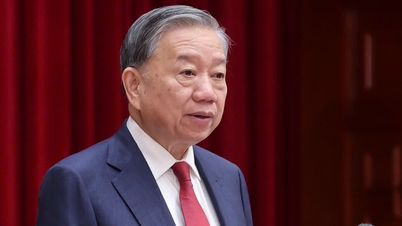

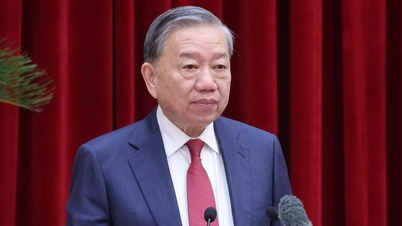


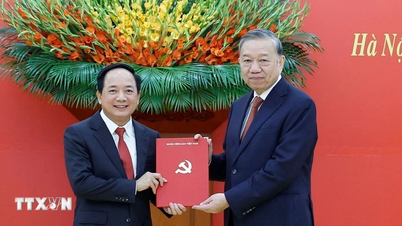


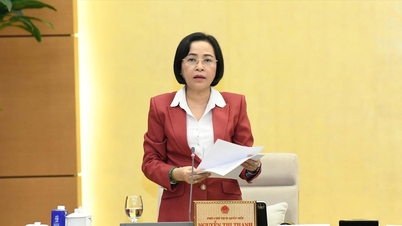
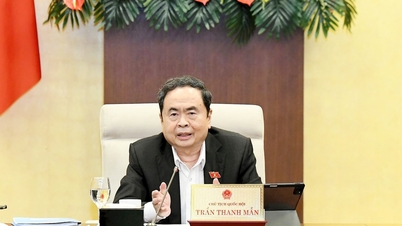

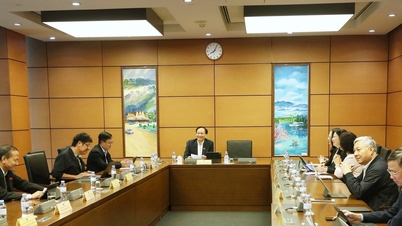







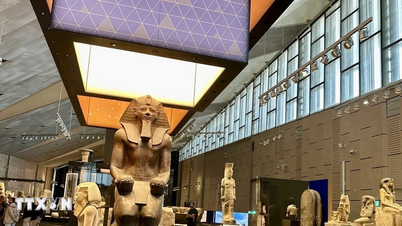
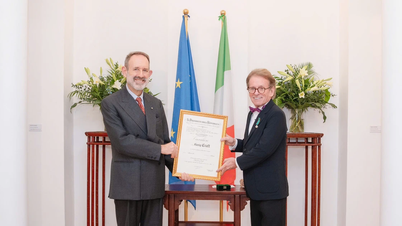

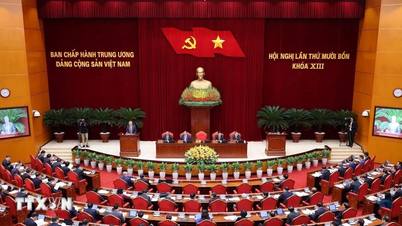

![[Photo] Panorama of the Patriotic Emulation Congress of Nhan Dan Newspaper for the period 2025-2030](https://vphoto.vietnam.vn/thumb/1200x675/vietnam/resource/IMAGE/2025/11/04/1762252775462_ndo_br_dhthiduayeuncbaond-6125-jpg.webp)


































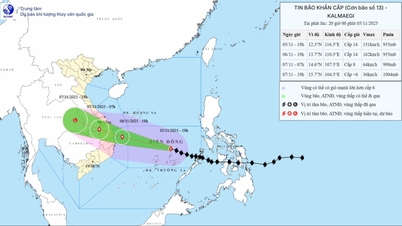












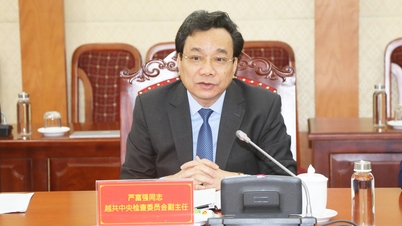



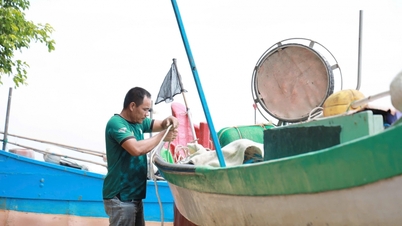



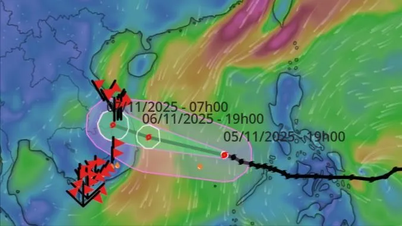
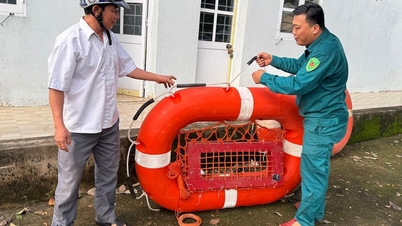















Comment (0)